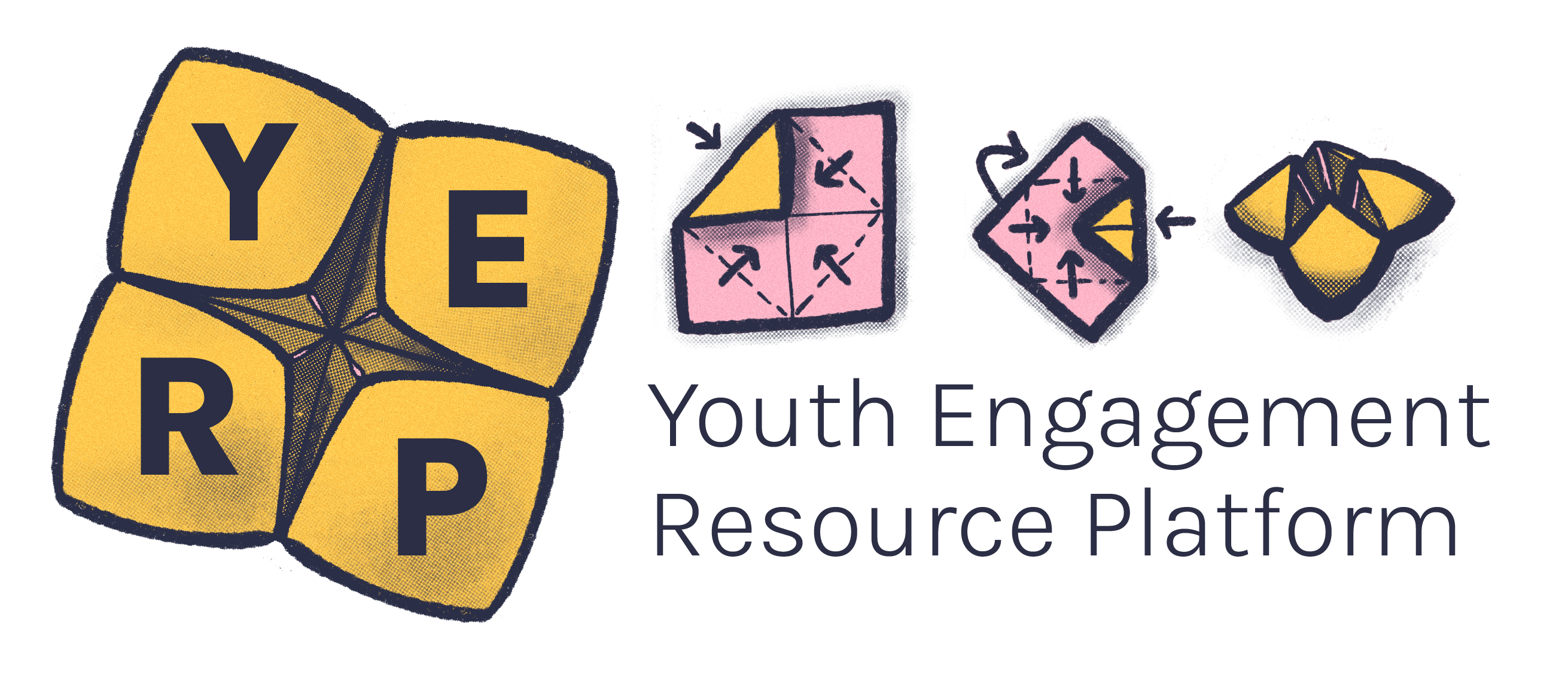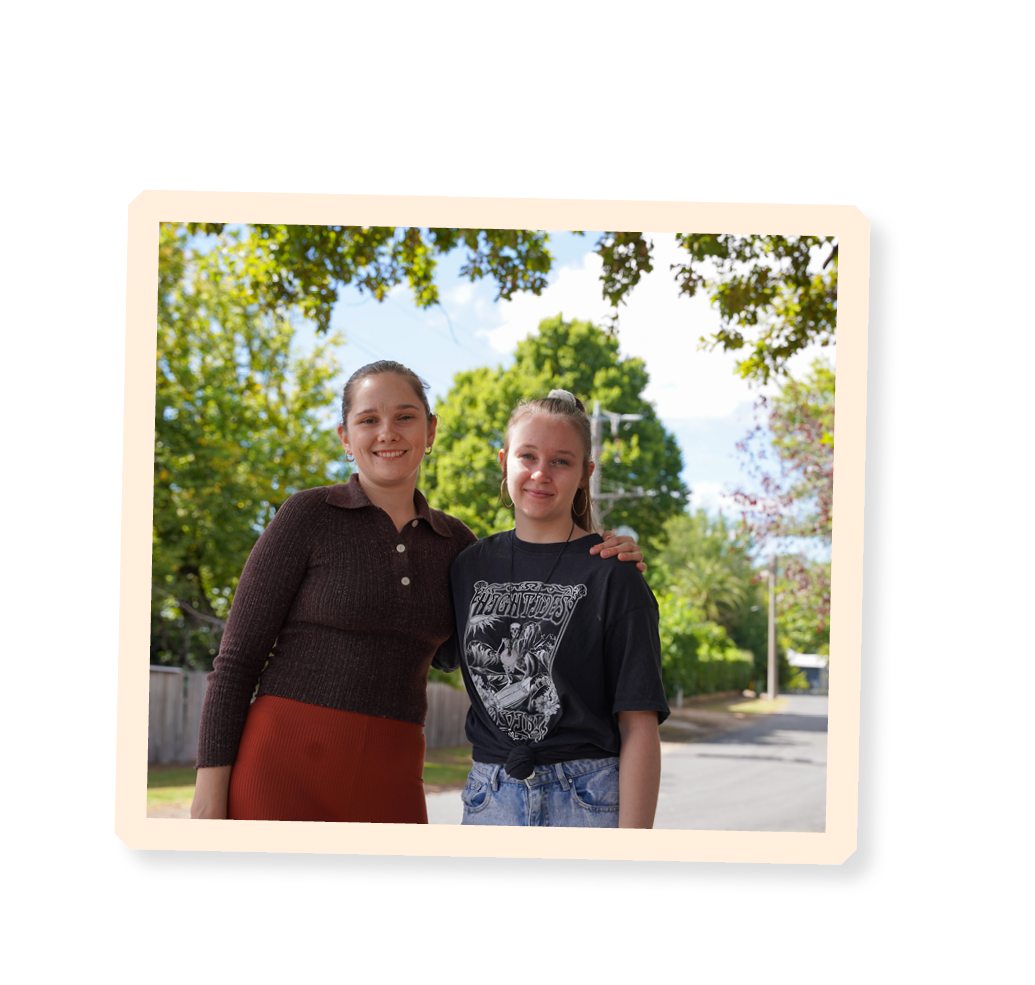Volunteering for your local community or with an organisation you’re passionate about can be a really empowering and enriching experience.
Volunteering is when you freely give your time and effort to help a person, a group, community, or cause you care about.
It can be as small or as large of a commitment as you like, depending on your availability, skills and interest.
You might want to volunteer to support a cause like social justice or environmental sustainability, but you can also volunteer to gain valuable work experience and develop connections with your local communities.
Volunteering benefits both yourself and your community
Local organisations, campaigns, and events of all types are always needing help, so you will always be able to find something that helps you express your interests and passions. Your skills and enthusiasm will be welcomed!
Volunteering can also be a really great way to develop your personal and professional skills, while doing something fun and meaningful.
Think about why you want to volunteer and what’s driving your passion. Following this will help you put your best foot forward.
Making a change
If you’re passionate about a social justice issue like climate justice, disaster preparedness or First Nations rights and advocacy, it can feel overwhelming to cope with the anxiety of how immense these issues are.
While systemic change must be a priority, volunteering can be a great way to feel empowered personally contributing to issues you’re passionate about.
Volunteering can connect you with the roots of issues you care about, so contributing in this way can be really rewarding.
Friendships, networking and belonging
Volunteering can be an organic way to build deeper relationships with people who hold similar values and interests to you. After all, you’ll be surrounded by people who want to contribute their time to a shared cause. It can be a great way to connect with people you might not have met otherwise, who have different backgrounds and lived experiences.
Finding where you belong and feel safe improves your mental health by reducing anxiety, stress, loneliness and isolation.
Creating career opportunities
Volunteering offers the opportunity for you to connect with organisations and networks in an industry or sector you’re interested in.
It can offer a great first step into these industries, or help foster your continual learning as a professional. Often times, volunteering can enable you to try out a role or dip your toes in a sector to see if it’s really for you.
As a volunteer, you’ll be able to experience and form an impression of different roles, from their workload structure to organisational values. You’ll be able to build professional networks and references for your career.
Building your skills
As well as professional learning, volunteering is an amazing way to build your personal and interpersonal skills.
These can include:
-
Communication
-
Teamwork
-
Time management
-
Leadership
-
Critical thinking.
The new challenges and experiences you might face as a volunteer create the opportunity to broaden your horizons and build your confidence.
Some volunteer programs might also support you to build skills in specific areas. For example, you might learn how to plan and host an event or learn the technical skills behind creating a podcast!
Illustration by Joel.

Community connection
There are many working parts to a healthy community so putting your hand up works to improve togetherness and the connection that your community has.
Bringing along mates and a fun enthusiastic vibe can revitalise volunteer spaces which helps a community thrive in the long run!
Impact
While individual advocacy and efforts make a difference, the level of impact is increased when more people get behind something. By volunteering your individual time and energy, you’re improving the collective impact that your cause can have, meaning more can be achieved.
Improving community life
Think about all the things that a community can involve; shared spaces such as libraries and sporting facilities, recreation, markets, commitment to safety. These events and spaces need input from community members to improve how they function and ensure they're welcoming to everyone.
Joining these spaces or contributing to their development ensures young people's voices and opinions are heard. Your fresh perspectives and ideas can help your community progress.
Before you delve into volunteer work, it’s good to think about:
What you want to do
-
What you’re good at and enjoy doing
-
Skills you'd like to learn or develop
-
Areas you’d like to get experience in
-
Issues you are passionate about.
How much time you have
When are you free to volunteer? Do you have other commitments such as school, sport and family that you need to work around?
Do you have a preferred day?
Are you looking for something regular? How regularly and for how long would the organisation like you to volunteer? If you aren’t sure you can commit this amount of time, have a chat to the organisation - they may be flexible.
Where you want to volunteer
Do you want to volunteer somewhere near where you live or where you attend school or work?
How will you get to the place where you might volunteer?
What’s the parking situation like?
Can you get public transport?
How the role fits into the bigger picture
When you start a volunteer role, it’s good to know how the impact of what you’re doing – however small – fits into the bigger picture of what the organisation is trying to achieve.
This will help you understand the importance and value of your role.
What are your access requirements?
Think about your access requirements including the types of supports and modifications you might need, so you can discuss these with the organisation you’re planning to volunteer with.
Will you need to spend your own money?
Most volunteer-involving organisations will reimburse you for any expenses incurred as a result of being a volunteer, but it’s a good thing to check this beforehand.
Who is the key contact person for your role?
Find out who will be supervising and supporting you as a volunteer. You might want to meet the person and have a chat with them before you officially start in your volunteer role.
Does the organisation have insurance for volunteers?
Not all organisations have insurance for volunteers. This means that you (or your parents/guardians) will have to pay any expenses incurred if you have an accident while volunteering.
This is important to find out before you start and talk to your parents/guardians about.
Rights for volunteers are often overlooked, despite volunteers being entitled to rights just as they would be as an employee.
Volunteering Australia has outlined the following rights young people have as a volunteer:
-
Work in a healthy and safe environment
-
Be covered by equal opportunity and anti-discrimination legislation
-
Be adequately covered by insurance
-
Be given accurate and truthful information about the workplace and receive an appropriate training
-
Be reimbursed for out-of-pocket expenses;
-
Not fill a position that a paid worker has done before you
-
Not do the work of paid staff during industrial disputes
-
Have a job description and agreed working hours;
-
Have your personal information dealt with confidentially
Workplaces often have a volunteer policy and procedure, so check that out as a first step.
Many workplaces will also send you volunteer documents for you to read through and sign before you begin. They may include:
-
Volunteer agreements
-
Volunteer induction forms
-
Staff code of conduct
-
Child safe code of conduct
-
Grievance policy and procedure
Workplaces should also send you any other policy that affects our relates to your work. If the workplace you volunteer for doesn’t send you any documents, you can always request them. It’s your right to know your rights.
There are many organisations that are always looking for people willing to bring their passion to the table. Some examples:
Local County Fire Authority (CFA)
Your local CFA work to reduce the impact of fire as well as other emergencies on local communities.
RSPCA
Volunteers with the RSPCA care for animals in shelters, assist in the shop front and lend a hand during events and fundraisers. The minimum age for volunteering with the RSPCA is 15 or 18, depending on the role.
FReeZA
FReeZA committees are groups of young people all over Victoria that organise safe, drug, alcohol, and smoke free events for other young people in their local areas. As a member you gain lots of experience in event planning, development, and management.
YAGs
You can also volunteer for other local youth groups, youth advisory groups (YAGs), community fundraising events, working on community gardens, local libraries, and council events.
Good ways to keep an eye on what events and volunteer opportunities are around can be community Facebook groups, or even signing up to be a volunteer with your local council!
Your council’s website should have a volunteer section that you can explore. For example, this City of Wodonga’s volunteer page.
Op Shops
If you love thrifting, this may be a good way for you to see all the cool pieces that come in! It’s also a good way to get to know a lot of people in your community.
School library
Schools may have a library that you can volunteer to help in at lunchtime or before school. If you love a good book, this may be a great opportunity for you to meet others who love to read too!
Sports teams
Local sport teams are the heart of many regional and rural towns. They bring everyone together and uplift the community spirit.
From footy and netball, to basketball, tennis, soccer, clay target shooting and everything in between, they may be looking for volunteers. You could put your hand up to be a referee, help in the canteen or even keep score!
Youth groups
Regional and rural towns are full of young people. As the future of the communities they live in, having their own space is so important.
Talk to your school, or local council’s youth worker to see if there are any youth groups running in your area. You could start with ones that address your specific needs, such as ones that support young people from diverse backgrounds (LGBTIQA+, disabilities, culturally and linguistically diverse, Aboriginal and Torres Strait Islander), and ensure your safety.
If a youth group or committee doesn’t already exist, talk to your local council, school or organisations that support young people to see if you can get support setting one up. This is a great way to meet other passionate young people.
Community gardens
A great way to get involved, especially if you don’t have your own garden and want to be amongst nature.
Volunteering Victoria
A list of places to search for volunteering opportunities
- The University of Sydney. (3 December 2021). 5 feel good benefits of volunteering. https://www.sydney.edu.au/news-opinion/news/2021/12/03/5-feel-good-benefits-of-volunteering.html
- Volunteering Australia. (2009). Volunteering Rights & Volunteer Checklist. https://www.volunteeringaustralia.org/wp-content/files_mf/1376971192VAVolunteerRightsandchecklist.pdf





